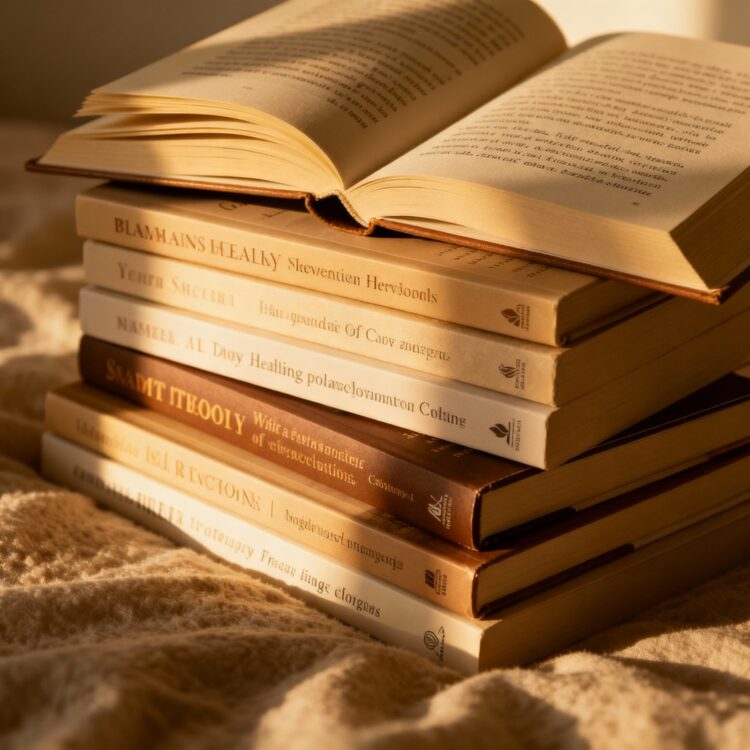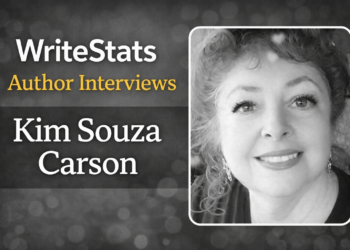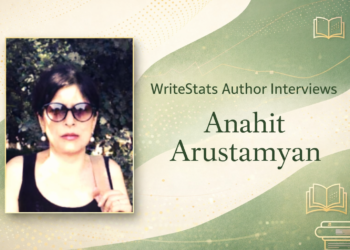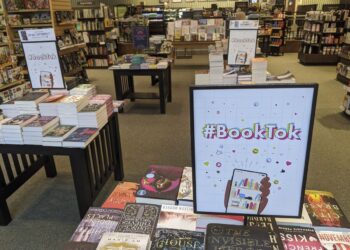Books have always been more than just words on a page. They are companions, teachers, and mirrors that reflect our inner world. But when approached intentionally, they can become something even more powerful: a lifelong therapy session in print. By developing Personal Development Reading Habits, you can curate your own bibliotherapy library that supports healing, learning, and lasting growth.
This guide is designed for bookworms who want to go beyond reading for entertainment and instead read with purpose. Let’s explore how to build a personal development library that genuinely transforms your life.
The Science of Bibliotherapy
Bibliotherapy is the use of reading as a tool for personal growth and emotional healing. The practice dates back to ancient Greece, where libraries were considered “healing places for the soul.” Today, psychologists and therapists sometimes prescribe books to patients to help them process grief, anxiety, or stress.
Scientific research supports this idea:
- Lowered stress: Just six minutes of reading a day can ease stress by up to 68%, helping you relax and recharge.
- Increased empathy: Diving into literary fiction allows you to step into other people’s shoes, boosting emotional intelligence and deepening your understanding of different perspectives.
- Cognitive growth: Consistent reading keeps your brain active, strengthening focus, memory, and problem-solving skills over time.
When you approach your reading life with these therapeutic principles in mind, your bookshelf becomes a medicine cabinet for the soul.
Creating Your Personal Development Reading Habits System
Rather than randomly picking books, a well-structured system helps ensure your Personal Development Reading Habits stay intentional and rewarding.
Here’s how to get started:
- Set a focus area: Identify what you want to work on: creativity, productivity, resilience, or emotional balance.
- Create categories: Divide your library into themes: self-help, memoirs, literary fiction, spirituality, and classic wisdom.
- Balance old and new: Blend recent bestsellers with timeless works to gain both fresh perspectives and enduring insights.
- Rotate formats: Mix physical books with audiobooks and e-books to fit reading into every part of your routine.
By curating your library this way, you’ll always have a book that speaks to your current needs.
Beyond the Bestseller Lists
Not all transformative reads sit at the top of mainstream charts. Actual growth in your Personal Development Reading Habits often comes from exploring less obvious choices.
How to Find Transformative Books Outside Mainstream Self-Help
Look for book recommendations in podcasts, niche blogs, or independent bookstore staff picks. Libraries often run hidden gem lists that introduce you to powerful but under-the-radar titles.
The Power of Literary Fiction for Emotional Intelligence
Fiction doesn’t just entertain, it teaches empathy. Reading complex characters helps you understand motivations, emotions, and perspectives you might not encounter in everyday life. For example, novels like Toni Morrison’s Beloved or Kazuo Ishiguro’s The Remains of the Day open windows into the human condition in ways self-help books cannot.
Classic Works That Remain Relevant for Modern Challenges
Don’t overlook classics. As we noted in our Classic Literature Revival, timeless works like Marcus Aurelius’ Meditations or Mary Shelley’s Frankenstein offer surprisingly modern lessons on resilience, responsibility, and self-awareness. Including such texts in your personal development library connects you to wisdom that has guided generations.
Building Personal Development Reading Habits for Growth
Even the best library is meaningless without consistent reading practices. To make your Personal Development Reading Habits stick, consider these strategies:
The “25 Minutes in ’25” Approach
Commit to 25 minutes of daily reading. This micro-commitment feels manageable, yet adds up to hundreds of hours by year’s end.
Journaling Techniques for Processing Insights
Don’t just read; write. Keep a reading journal where you record favorite quotes, ideas that resonate, and questions to explore. Over time, this journal becomes a roadmap of your personal evolution.
Creating Book-Based Experiments for Real-World Application
Turn reading into action. After finishing a book on mindfulness, try meditating for one week and observe the changes. If a productivity book suggests a morning routine, implement it for 30 days. Experimentation ensures insights move from the page into your life.
Communities For Personal Development Reading Habits
Personal growth thrives in connection. Sharing your journey makes your Personal Development Reading Habits more engaging and sustainable.
- Join book clubs: Many clubs now focus specifically on self-development themes.
- Engage online: Platforms like Goodreads or social media book communities allow you to track progress and swap recommendations.
- Leverage seasonal trends: As highlighted in our Fall Reading Habits, readers often connect over seasonal genres, making it easy to find community energy around specific themes.
Accountability partners or reading groups can help you stay consistent and discover books that may never have crossed your radar.
Final Thoughts
Your bookshelf can be more than storage; it can be therapy, mentorship, and growth combined. Your Personal Development Reading Habits can change your life by embracing bibliotherapy, curating a purposeful system, seeking books beyond the obvious, and building a steady reading practice.
Whether you’re finding healing in fiction, wisdom in classics, or strategies in modern self-help, each book adds another layer to your personal growth journey.
Start today. Build your bibliotherapy library, and let every page bring you closer to the best version of yourself.









